
Why is the world still focused on climate mitigation when we should be prioritizing immediate climate action and carbon reduction?
Climate mitigation refers to strategies that aim to reduce greenhouse gas emissions and slow down the rate of climate change. While essential, it’s often a long-term solution.
What about climate action?
Climate action encompasses a broader range of strategies, including mitigation but also adaptation, resilience building, and disaster risk reduction. It focuses on both reducing emissions and preparing for the impacts of climate change that are already happening.
Why is immediate action crucial?
- Tipping Points: We’re nearing critical tipping points, like the melting of the Arctic ice cap, which could trigger irreversible changes.
- Increasing ...










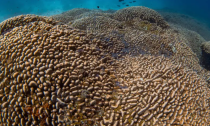
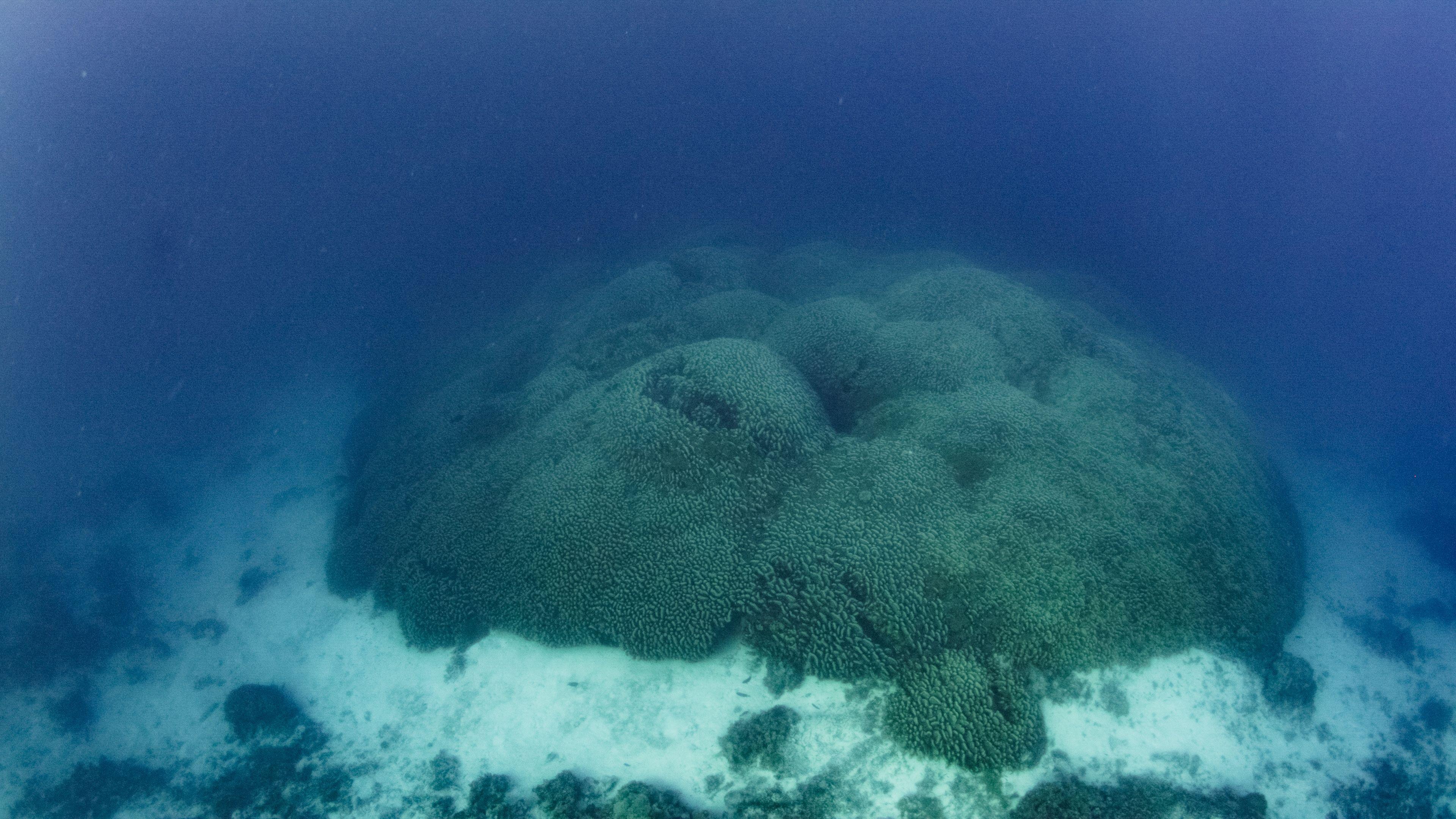
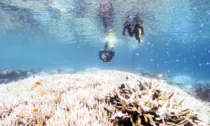
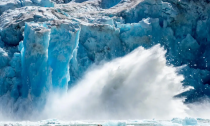
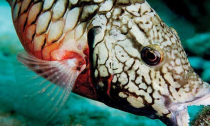
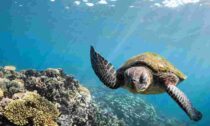
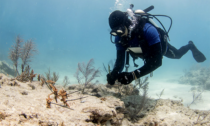
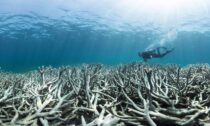
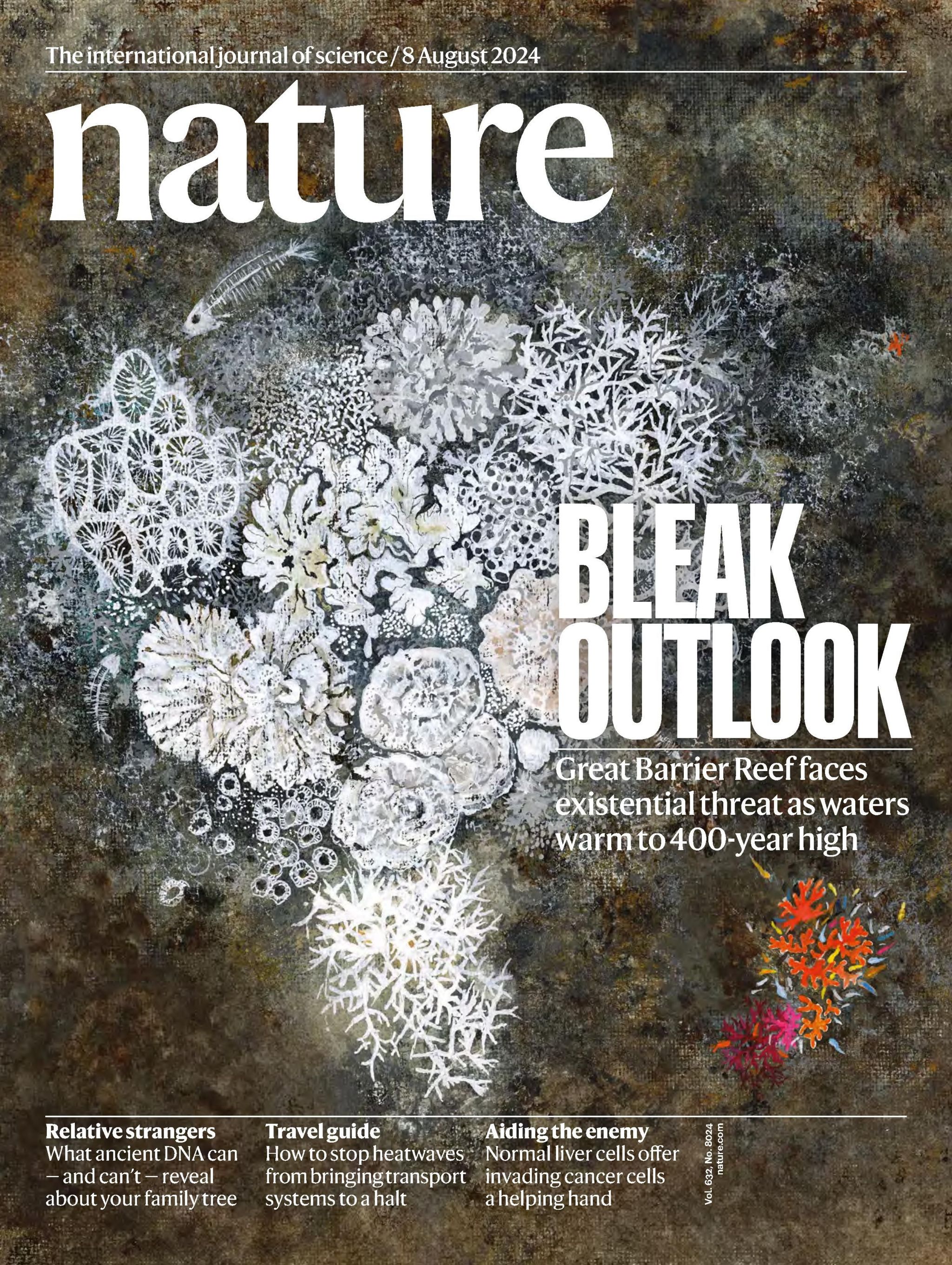

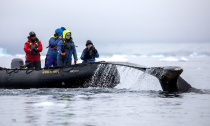
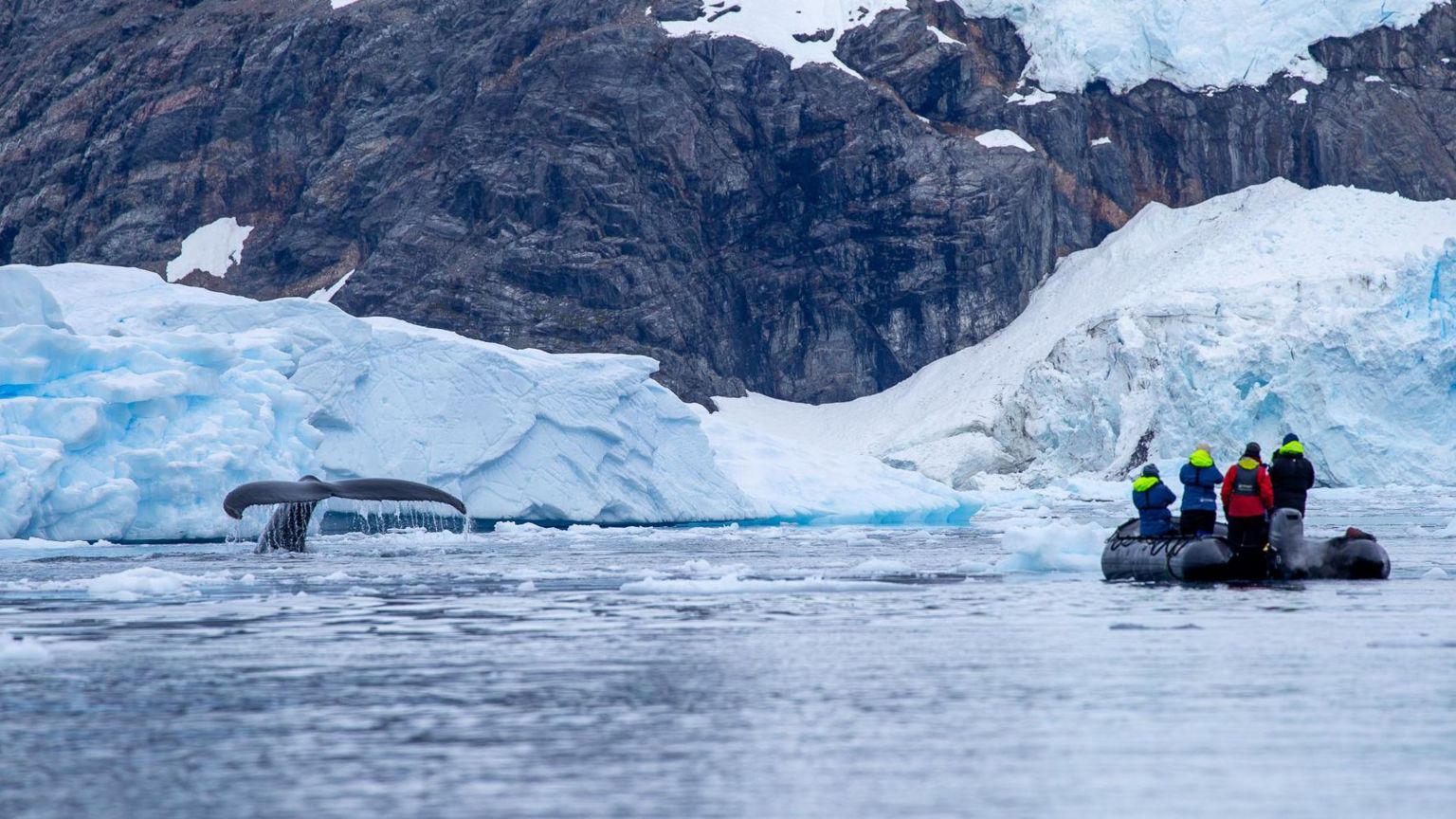

Social Profiles